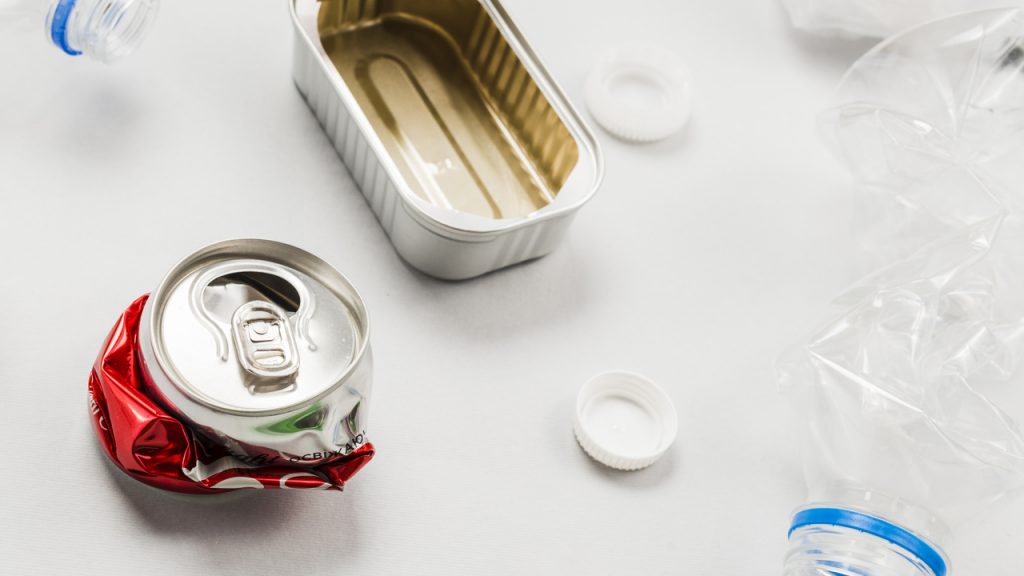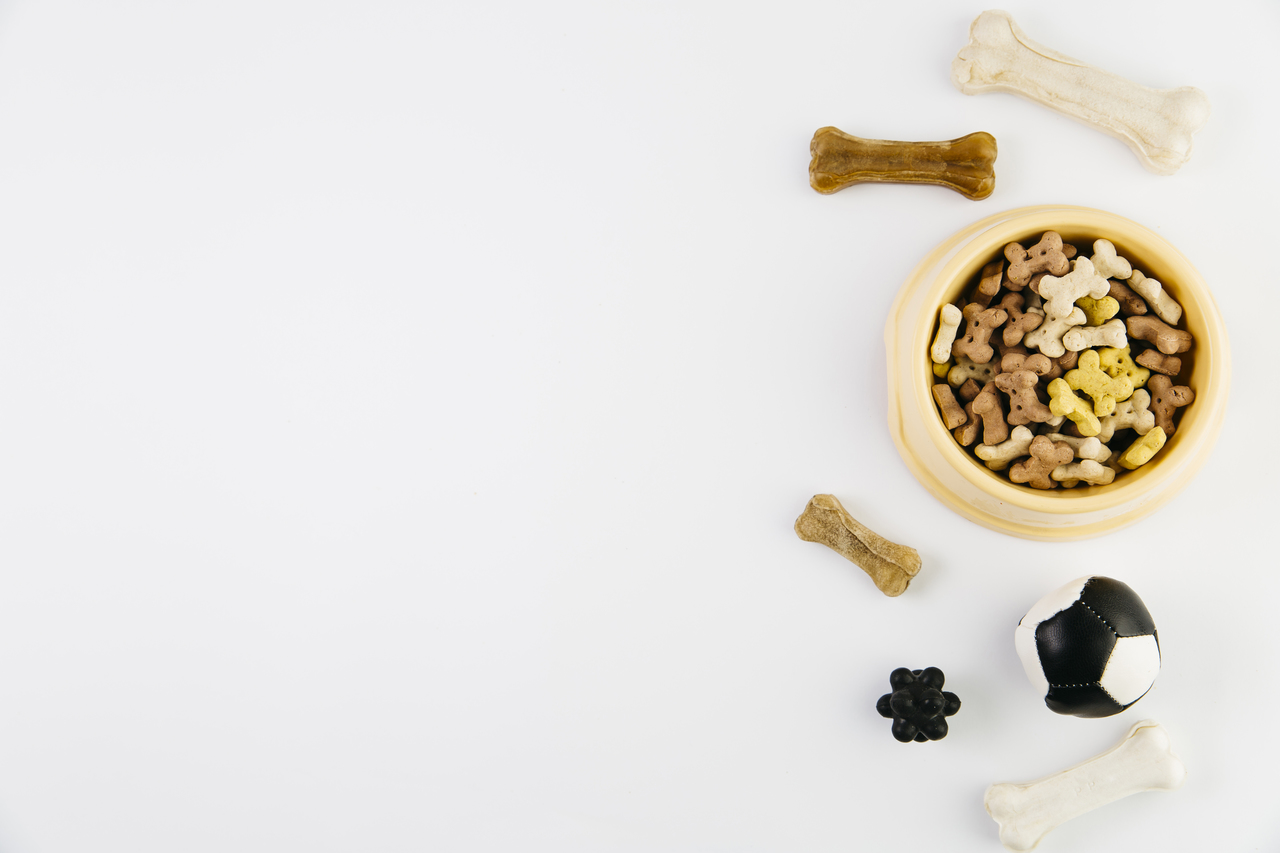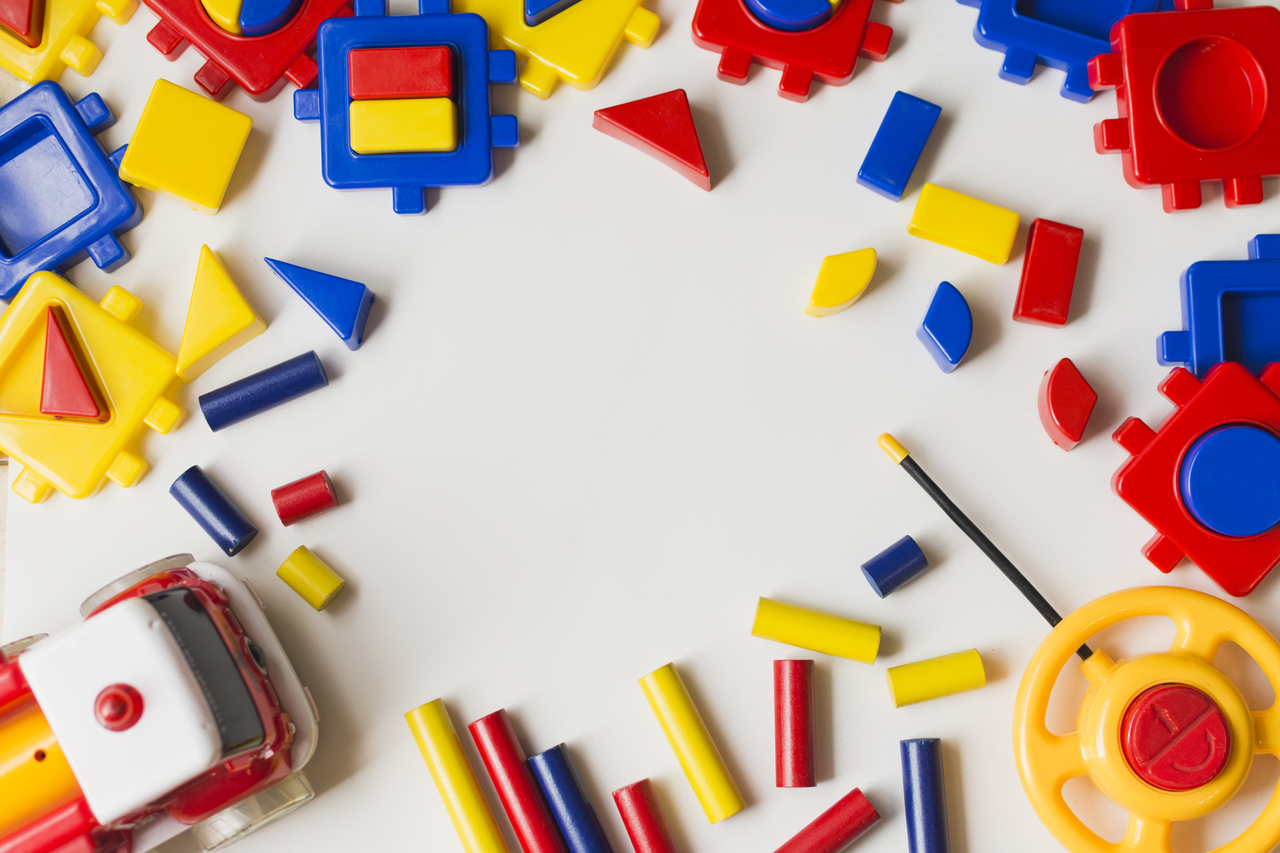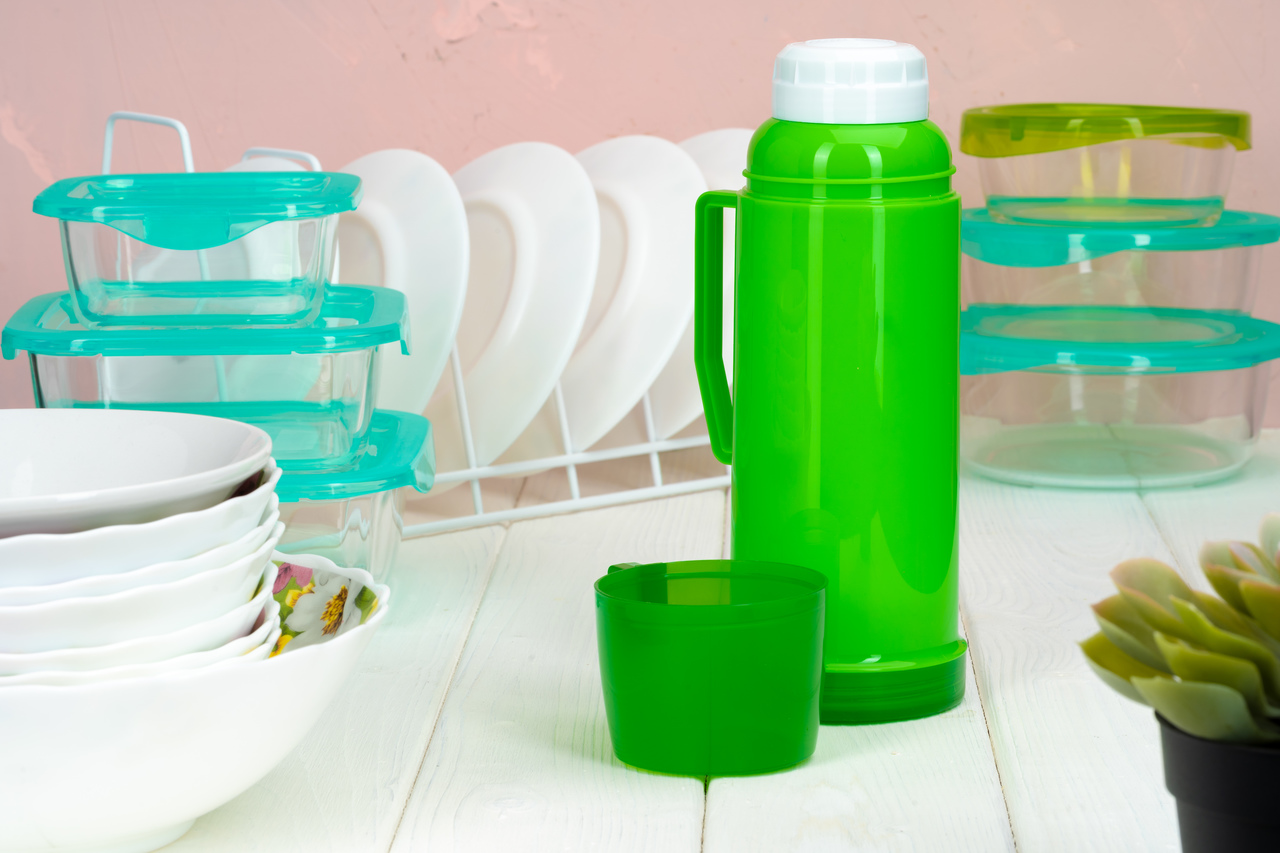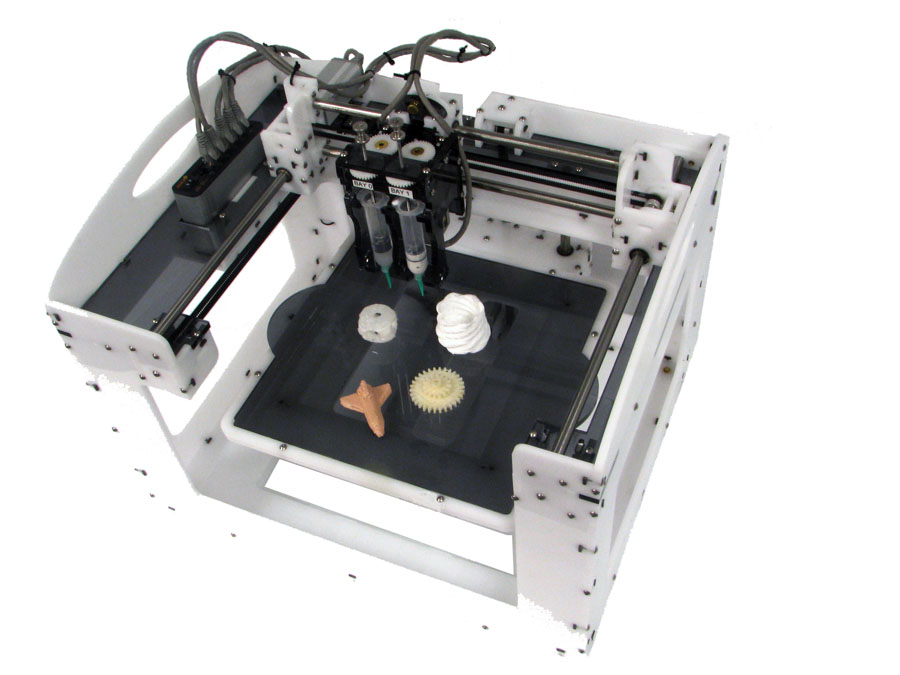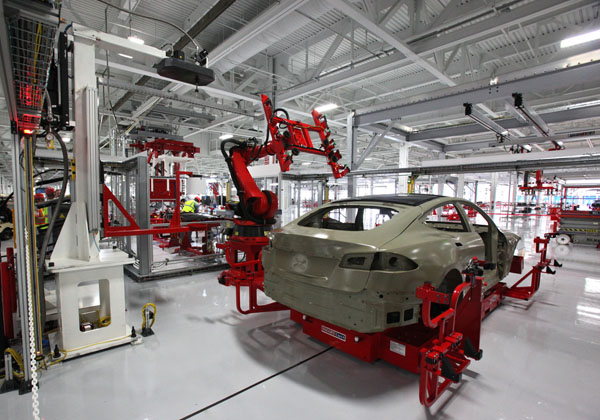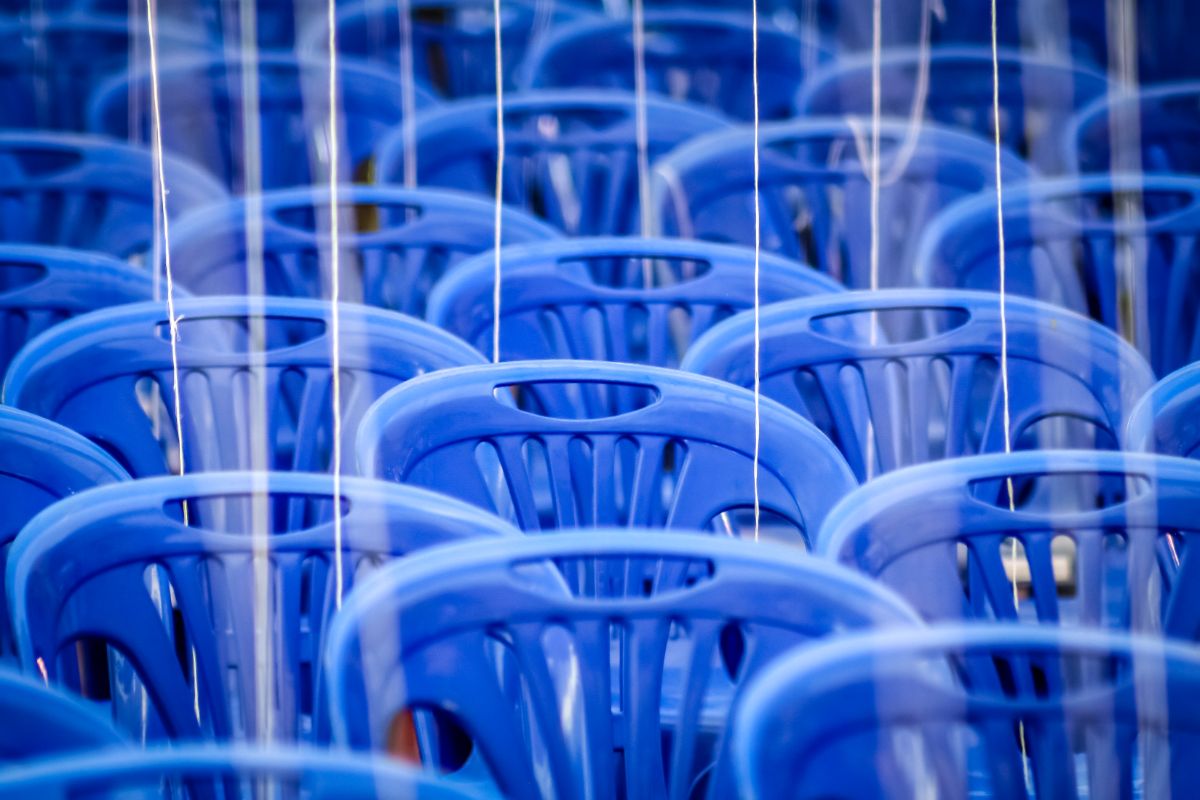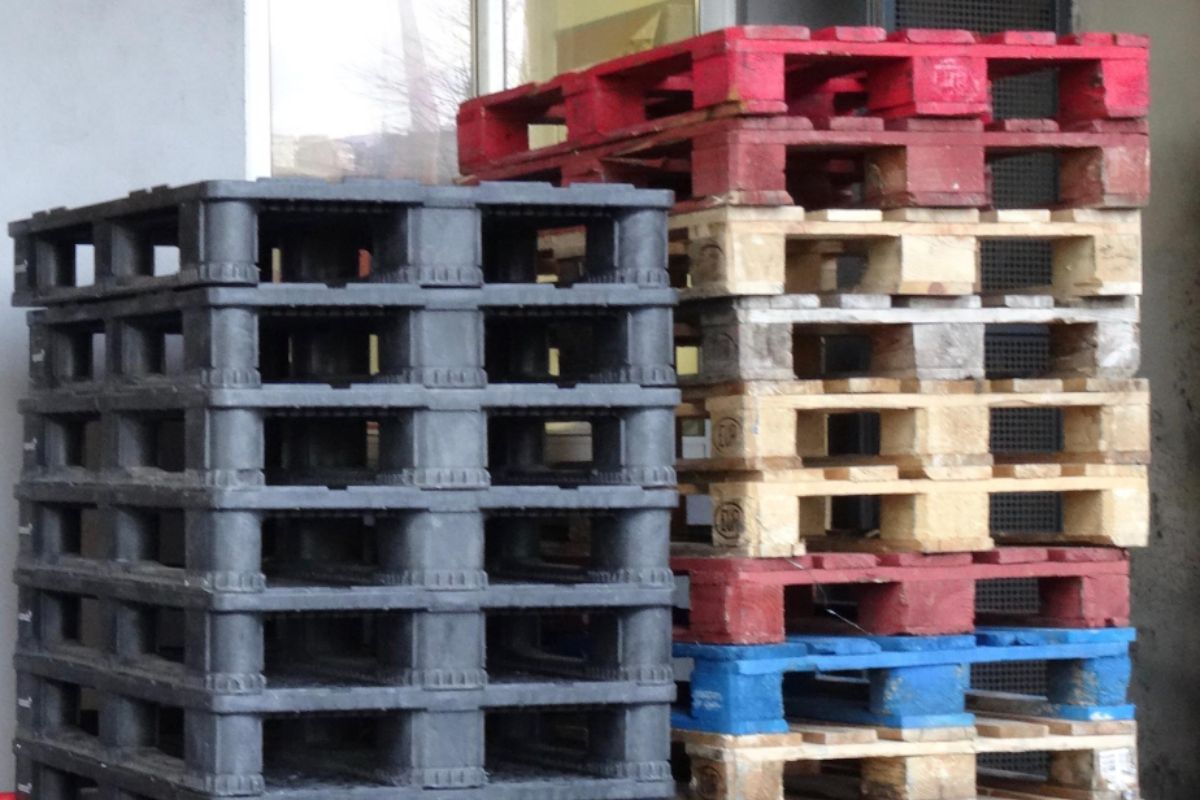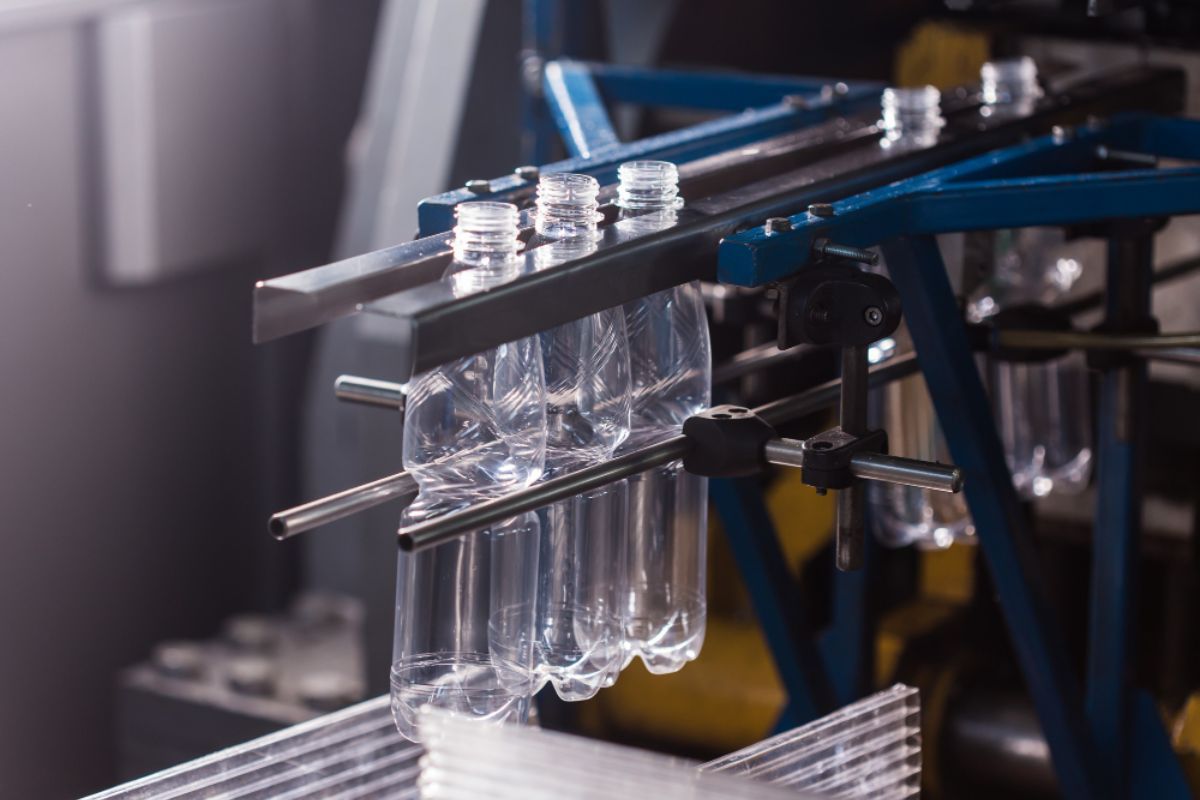What are the benefits of replacing metal parts with plastic?
- Lighter product
- Recyclable
- Higher flexibility
- Cost-efficient
- Longer shelf life
Metal is one of the most commonly used materials in many industries across the world. It has been used for construction, automotive, and aesthetic purposes, just to name a few. The trend of replacing metal with plastic is not a relatively new phenomenon, and instances of it can be recorded as far back as the early 1900s.
Through the advancement of technology and the development of more complex methods of strengthening plastic, many existing industries have since begun relying on it in the production of their primary goods. Years of chemical engineering and experimentation have produced stronger and more useful plastic composites or products, called polymers.
The simple list below provides useful information on just some of the ways in which plastic replacing metal has become more advantageous in a particular situation.
Lighter product
Do you own a pet that uses a food bowl? What is that bowl made of? There are many different varieties of pet bowls that can come in all sorts of shapes, sizes, and designs. These objects can also be made of various types of materials. Two of the most common materials are plastic or metal.
In this type of situation, you might decide on purchasing the plastic bowl instead, just because of its sheer lightness compared to the metal bowl. The plastic is less clunky and less heavy compared to the metal, making it more convenient for the purchaser to carry the item around with them.
In more macro-level industries such as the automotive industry, lighter plastic material greatly reduces the overall transportation load. This situation allows them to maximize the volume of the processes they conduct on a daily basis by carrying more loads in lesser densities.
Recyclable
There are many items made of metal that easily corrode over a short period of time. At home, an example would be can openers — especially those not made of stainless steel — which become unusable and can pose a possible health risk because of erosion. Rust in food manufacturing facilities is a risk as it can contaminate the ingredients involved, putting customers in danger.
It is for this very reason that makes plastics more recyclable than metals. Since plastic polymers don’t rust and erode even after long periods of time, they can be re-processed. Especially if the material is made out of thermoplastics. These materials can be re-cast for an infinite number of times due to their molecular structuring.
Because of the recyclability of plastic, many household items such as plastic containers can be repurposed for a variety of different uses.
Higher Flexibility
Due to different chemical processes, a metal’s properties can be altered or manipulated only a set number of times until it no longer becomes useful or efficient. Because of the constant alteration, there are some cases where its properties, such as strength or ductility, can be greatly reduced. This makes it less attractive for different manufacturing processes.
However, unlike metals, plastic composites allow manufacturers and other industries to enjoy far more freedom in the way they change their form to suit their products. This is made possible through modern processes like plastic injection molding.
Simply put, through injection molding, the flexibility and durability of the plastic material increases. This can provide manufacturers with more ways of coming up with designs and other ergonomic choices for their goods.
Cost-efficient
Large-scale manufacturing processes dealing with massive volumes of metal products daily can be characterized as highly energy-intensive. Dealing with metals can be quite complex, which might require manufacturers to employ costly techniques just to shape the metal in its desired form.
The same thing cannot be said for plastic because the cost of producing it is far cheaper. Industries that are looking for more efficient ways of dealing with plastic in their manufacturing processes can reap savings of up to 50%. This is because shaping the material in the desired form is far less complex to achieve, compared to smoothing out the rough edges of metals.
Apart from this, the combined benefits of using plastic create a positive trickle-down effect in an industry’s operations, making it the more attractive material.
Longer Shelf Life
There are several qualities inherent in plastic which make it more desirable for several industries compared to its metal counterpart. As a corrosive material, metal is largely prone to drastic changes in its properties when exposed to different kinds of elements or substances for long periods of time. Plastics, on the other hand, are more resistant to different kinds of changes, giving it a longer shelf-life.
For example, a metal jug is more likely to rust over time compared to a plastic one. The longer shelf life of plastic allows industries to better predict outcomes in their manufacturing processes, especially when dealing with such a versatile material.
Key Takeaway
There are many benefits of replacing metal with plastic. While companies have been doing this process for a very long time, the continual advancement of technology allows more complex and novel ways of manipulating the properties of plastic. This allows them to further maximize the capabilities of the material, allowing it to be utilized in a whole other variety of new processes. The simple guide above has hopefully provided you with the many instances where plastic has proven to be more beneficial than metal.
